 The Wisconsin Department of Natural Resources (DNR) and the Wisconsin Arborist Association will virtually host the Wisconsin Annual Urban Forestry Conference on Feb. 21-23, 2021. Please join us for three days of exhibits, expert presentations and networking events and opportunities.
The Wisconsin Department of Natural Resources (DNR) and the Wisconsin Arborist Association will virtually host the Wisconsin Annual Urban Forestry Conference on Feb. 21-23, 2021. Please join us for three days of exhibits, expert presentations and networking events and opportunities.
The program was developed to enrich arboriculture and urban forestry knowledge in the industry. The conference includes a utility track, a climbers’ corner, a virtual exhibit hall, and networking and socializing opportunities.
This year, presentations include:
Continue reading “Register Now For The WAA/DNR Annual Urban Forestry Conference”

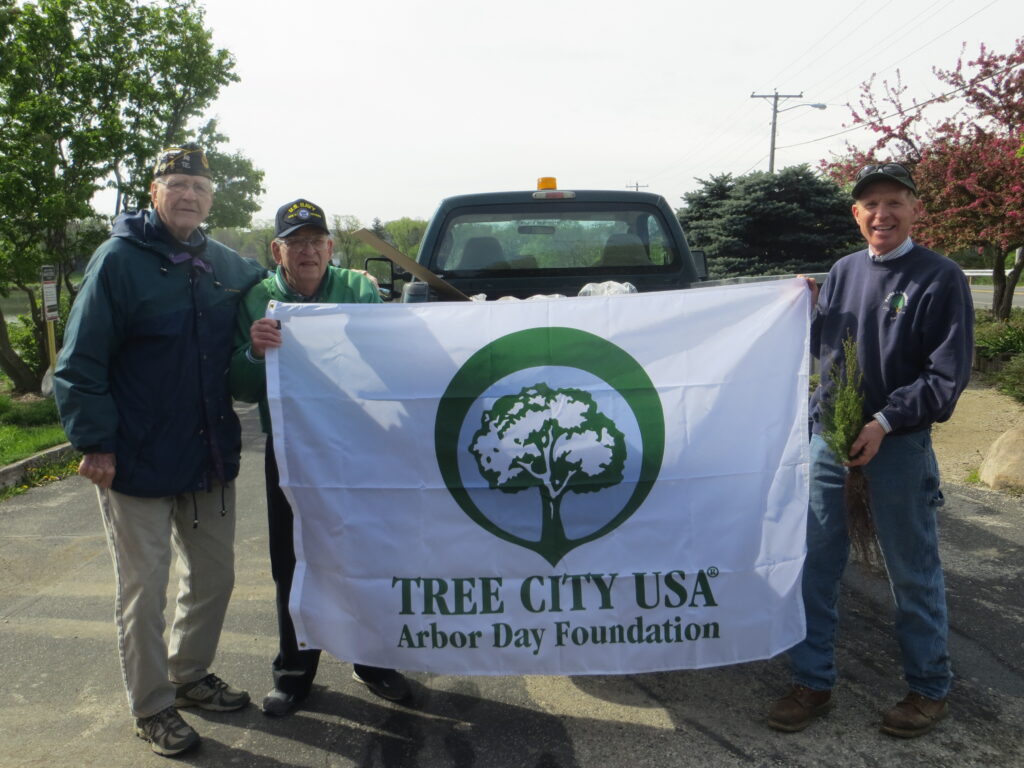 Connect, collaborate and learn from Tree City USA communities about ways to engage, grow and innovate your urban forestry program. This first-of-its-kind event will be held from 11 a.m. to 12:30 p.m. on Feb. 10, 17 and 24.
Connect, collaborate and learn from Tree City USA communities about ways to engage, grow and innovate your urban forestry program. This first-of-its-kind event will be held from 11 a.m. to 12:30 p.m. on Feb. 10, 17 and 24.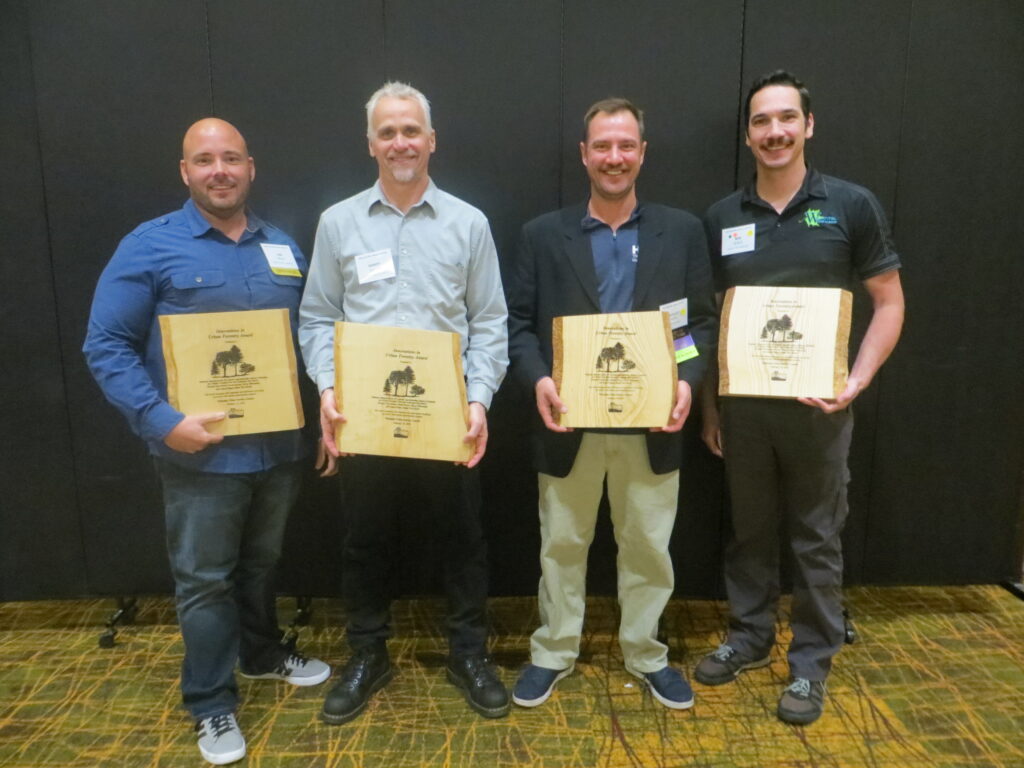
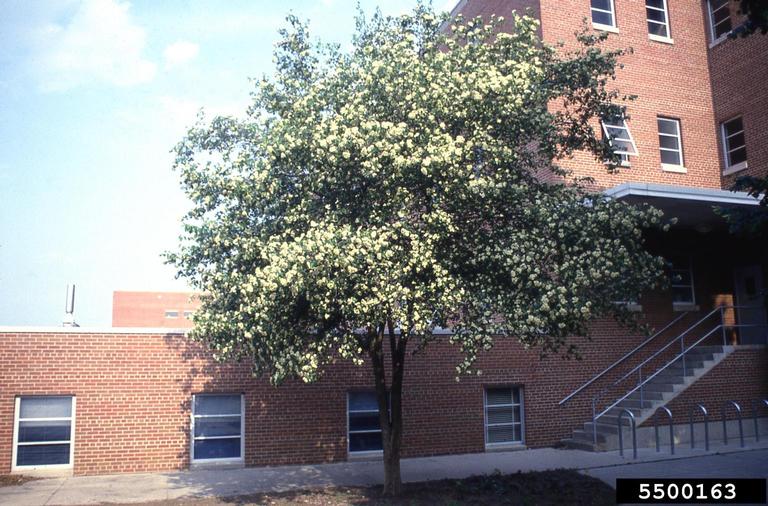
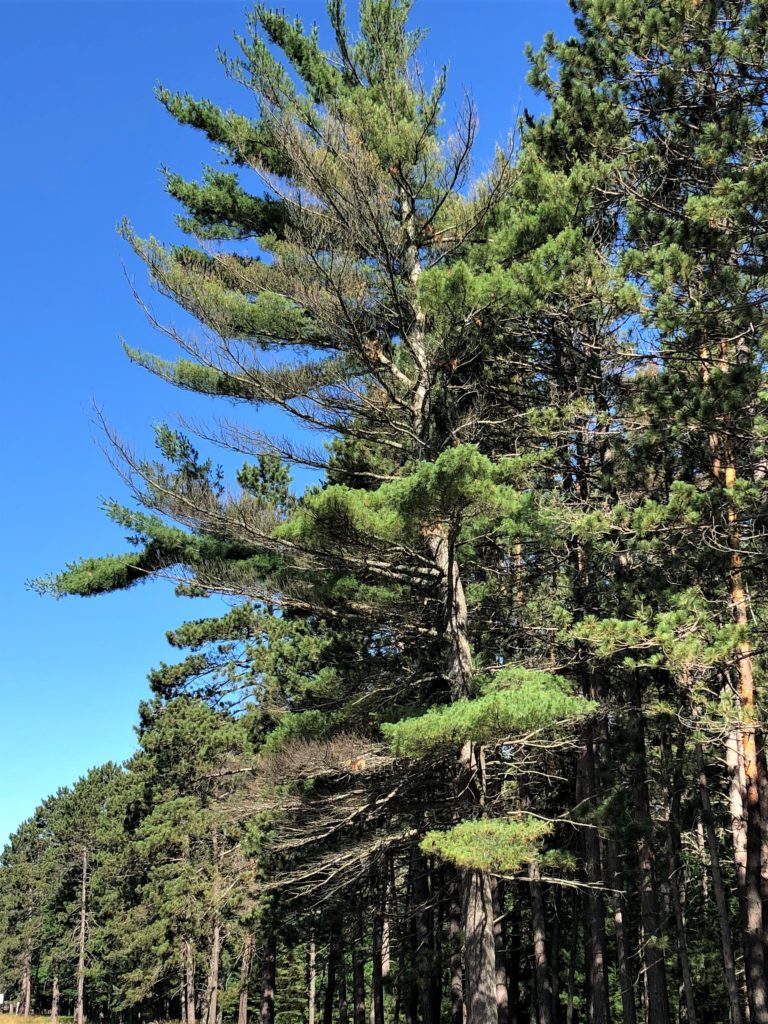
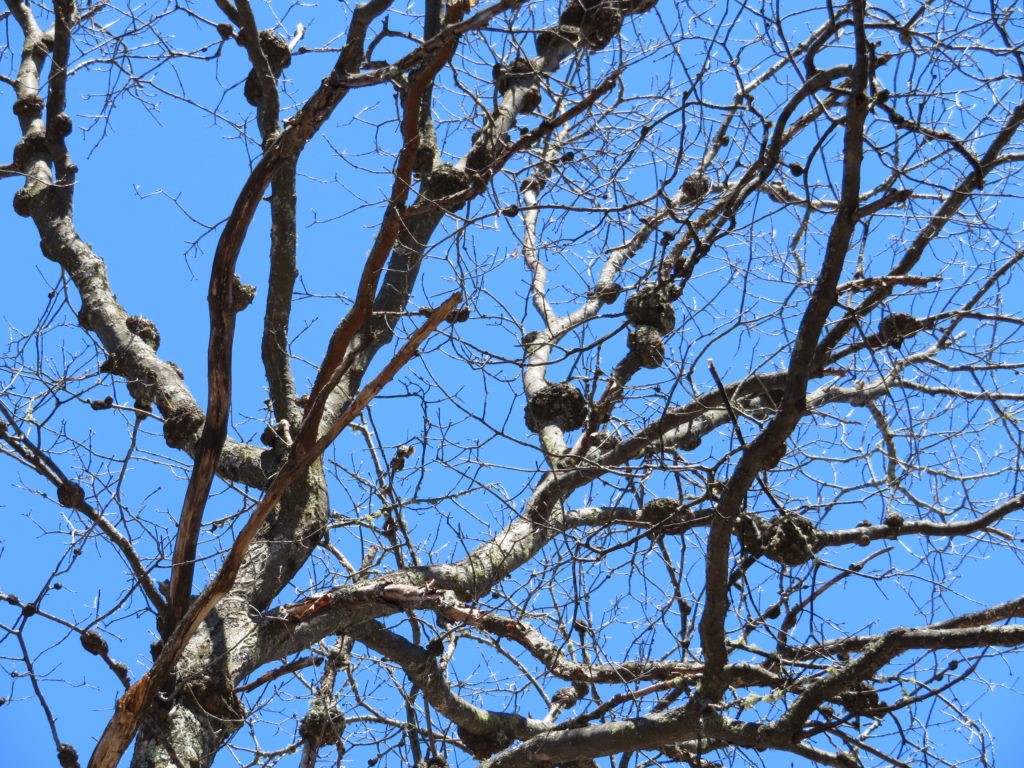
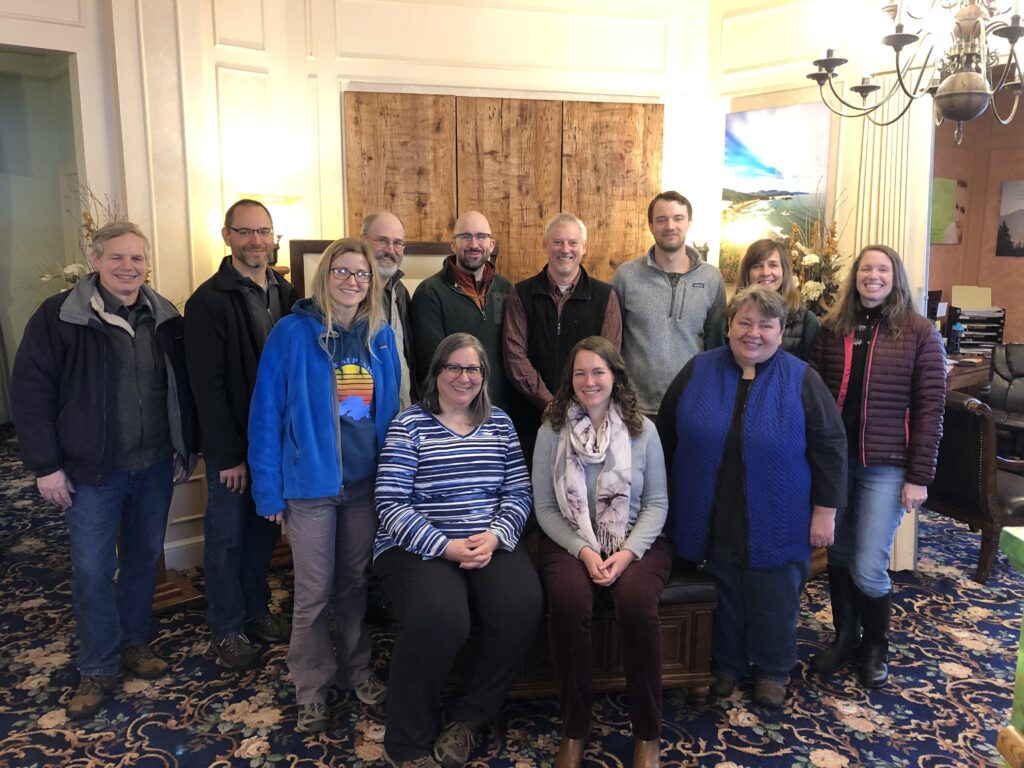 As the year draws to a close, we asked DNR urban forestry staff to reflect on the last twelve months and choose their top highlight – whether it’s a project they’re especially proud of, a new partnership or a deeper relationship with coworkers. Here are their responses:
As the year draws to a close, we asked DNR urban forestry staff to reflect on the last twelve months and choose their top highlight – whether it’s a project they’re especially proud of, a new partnership or a deeper relationship with coworkers. Here are their responses: The Wisconsin Annual Urban Forestry Conference will be held as a virtual event in 2021, with sessions on Feb. 21, 22 and 23.
The Wisconsin Annual Urban Forestry Conference will be held as a virtual event in 2021, with sessions on Feb. 21, 22 and 23.